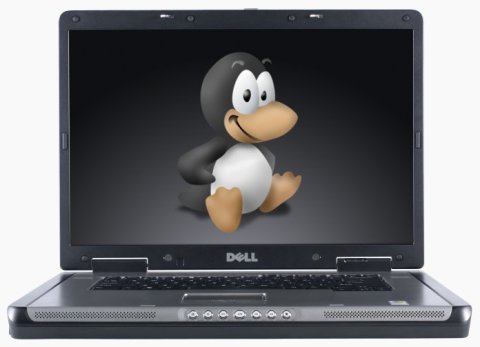Linux laptop, make or buy?


Several vendors were said to be shipping such laptops. Lenovo, with SUSE Linux on it. Everex. Dell. Asus. A desktop "shootout" is planned this week at LinuxWorld.
I sort of expected a vendor representative to write and offer a unit, but that did not happen. This may tell more about the state of this market than anything else.
In fact, most of those who wrote in suggested I either make one myself, by buying a cheap laptop and installing a distro, or have one custom made for me.
Paul Rescino of PCA+ Computers near Chicago suggested he could sell me an Equus or Lenovo laptop with Ubuntu on it, which is a very kind offer.
But it brings up a key question. Is this a make market or a buy market? In a buy market, you go to the store and get one, or someone ships it to you. In a make market, you get parts shipped to you and become your own OEM.
Because Linux requires less storage, less RAM, and less chip speed to run than Windows Vista, it seems to mostly be a make market. You're not going to get a deal buying something new, so why not refurbish something old that you'll like?
Fair enough. So what do I really want in laptop hardware?
- Something light. If you ever heard of something called Dana's Iron Law of Laptops -- an ounce on the desk is a pound in my hand -- I'm Dana.
- Something rugged. I haven't dropped and destroyed a laptop yet, but there is always a first time. Rugged is good in this cruel world.
- WiFi support. It doesn't have to be built-in, a PC Card slot is fine. While we're there, multiple USB ports would be nice.
Everything else is optional. I assume this unit has the power to run common open source applications like Open Office, Firefox, etc.
One of my intentions is to see just how much of a Windows box I can emulate, in terms of an application set, so extra memory is welcome.
But I'm not really very picky. What I'm describing is fairly low-end, borderline obsolete hardware. I'm not running Windows Vista, after all.
So what do you say?